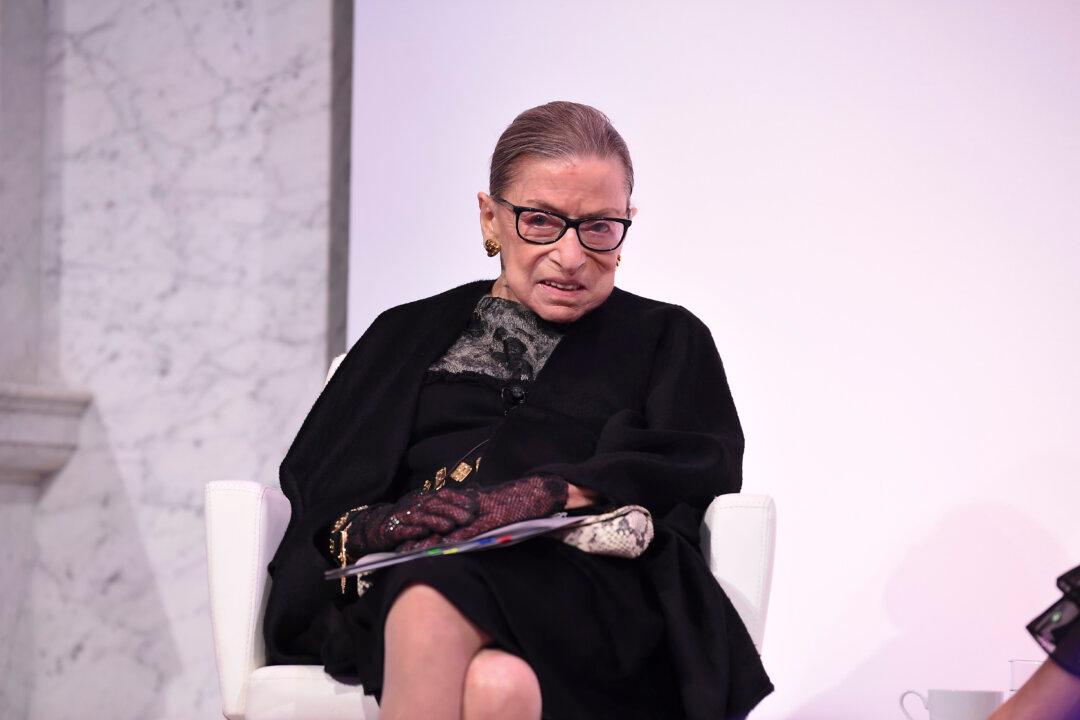The American Civil Liberties Union (ACLU) has reportedly acknowledged it was wrong to rewrite late Supreme Court Justice Ruth Bader Ginsburg’s comments on abortion to make the quote sound gender neutral.
The quote in question was from Ginsburg’s Supreme Court confirmation hearing before the Senate Judiciary Committee on July 21, 1993:





